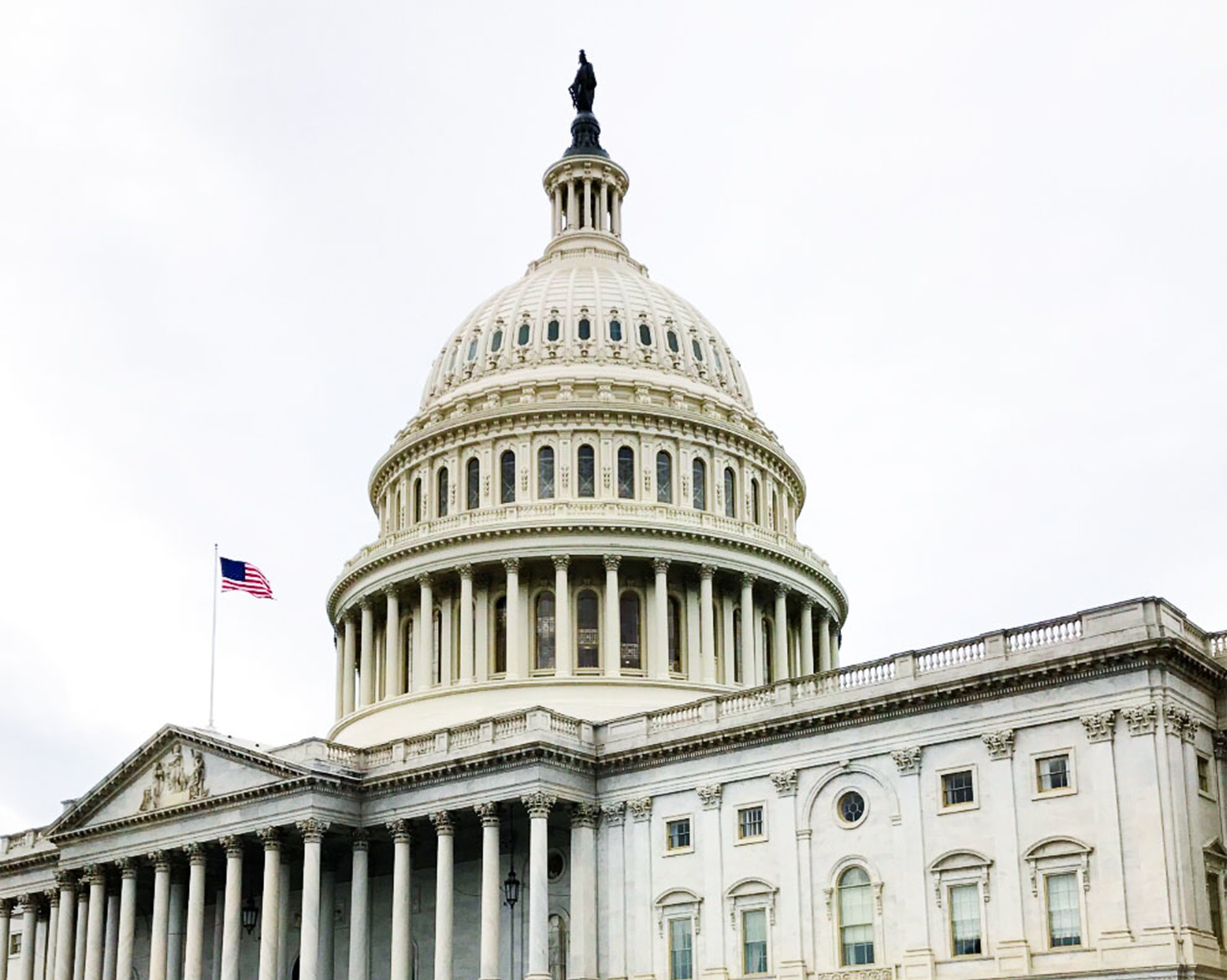Trade Organization Releases Comprehensive FAQ to Address Publisher, Marketer & Agency Questions About Mozilla’s Actions Against the Ad-Supported Internet
NEW YORK, NY (March 12, 2013) — The Interactive Advertising Bureau (IAB) today accused the Mozilla Corporation, the technology giant whose Firefox web browser controls how a fifth of users worldwide access the internet, of undermining American small businesses and consumers’ ability to manage their own privacy, through planned changes to Firefox that would re-architect the way data flows between web sites and internet users.
“Thousands of small businesses that make up the diversity of content and services online will be forced to close their doors,” said Randall Rothenberg, President and CEO, IAB, the trade association for the ad-supported digital media industry, in a statement released this afternoon.
“This move will not put the interest of users first. Nor does it promote transparency or ‘move the web forward’ as Mozilla claims in its announcement. It will not advance Mozilla Corporation’s objective, as stated in its bylaws, of ‘promoting choice and innovation on the internet,’ but will, instead, impede both,” Rothenberg said. He called on the for-profit Mozilla Corporation and its non-profit parent, the Mozilla Foundation, to rescind their planned changes to the Firefox browser.
A recent study by Harvard Business School researchers found that the ad-supported internet was responsible for 5.1 million U.S. jobs and contributed $530 billion to the U.S. economy in 2011 alone. Sole proprietors and very small firms were called out as a vital part of the ecosystem by the research team, with tiny entrepreneurial digital ventures across the country generating more jobs than such internet giants as Google, Microsoft and Yahoo!.
Joining a chorus of complaints from companies and industry groups around the world, the IAB, which represents 500 major U.S. internet companies and more than 1,000 small digital publishers, focused on Mozilla’s plans to block third-party cookies by default in the next version of the Firefox browser. The IAB pointed specifically to the impact the ban would have on small internet publishers, which depend on such cookie technology to sell advertising to niche audience segments.
“These small businesses can’t afford to hire large advertising sales teams,” Rothenberg said. “Advertisers can’t afford the time to make individual buys across thousands of websites. The technology that brings these two interests together is the third-party cookie.”
The IAB also said that blocking third-party cookies would disempower consumers by eliminating their ability to opt out of receiving targeted advertising. The industry’s successful self-regulatory program, created by the Digital Advertising Alliance (DAA), a pro-privacy organization of which the IAB is a part, and endorsed by the Obama Administration last year, depends upon third-party cookies to enable consumers’ choices.
In tandem, IAB is unveiling a comprehensive online FAQ to address the numerous industry-wide concerns that are raised by Mozilla’s proposed actions:
- How does Mozilla’s intended update to Firefox restrict freedom of choice?
- How would the widespread blocking of third-party cookies unfairly advantage big businesses?
- Why does blocking third-party cookies threaten consumer privacy?
- How does blocking third-party cookies by default hurt the user experience of the internet?
- How would the widespread blocking of third-party cookies devalue interactive advertising?
- What’s the difference between what Mozilla is proposing and what’s known as Do Not Track?
- How will blocking third-party cookies affect the viewable impression?
The FAQ is available on the IAB website at iab.com/mozilla, and Rothenberg’s entire statement of opposition to Mozilla’s plan is available at iab.com/mozilla_rothenberg.
About the IAB
The Interactive Advertising Bureau (IAB) is comprised of more than 500 leading media and technology companies that are responsible for selling 86% of online advertising in the United States. On behalf of its members, the IAB is dedicated to the growth of the interactive advertising marketplace, of interactive’s share of total marketing spend, and of its members’ share of total marketing spend. The IAB educates marketers, agencies, media companies and the wider business community about the value of interactive advertising. Working with its member companies, the IAB evaluates and recommends standards and practices and fields critical research on interactive advertising. Founded in 1996, the IAB is headquartered in New York City with a Public Policy office in Washington, D.C. For more information, please visit iab.com.
IAB Media Contact
Laura Goldberg
347.683.1859
[email protected]


